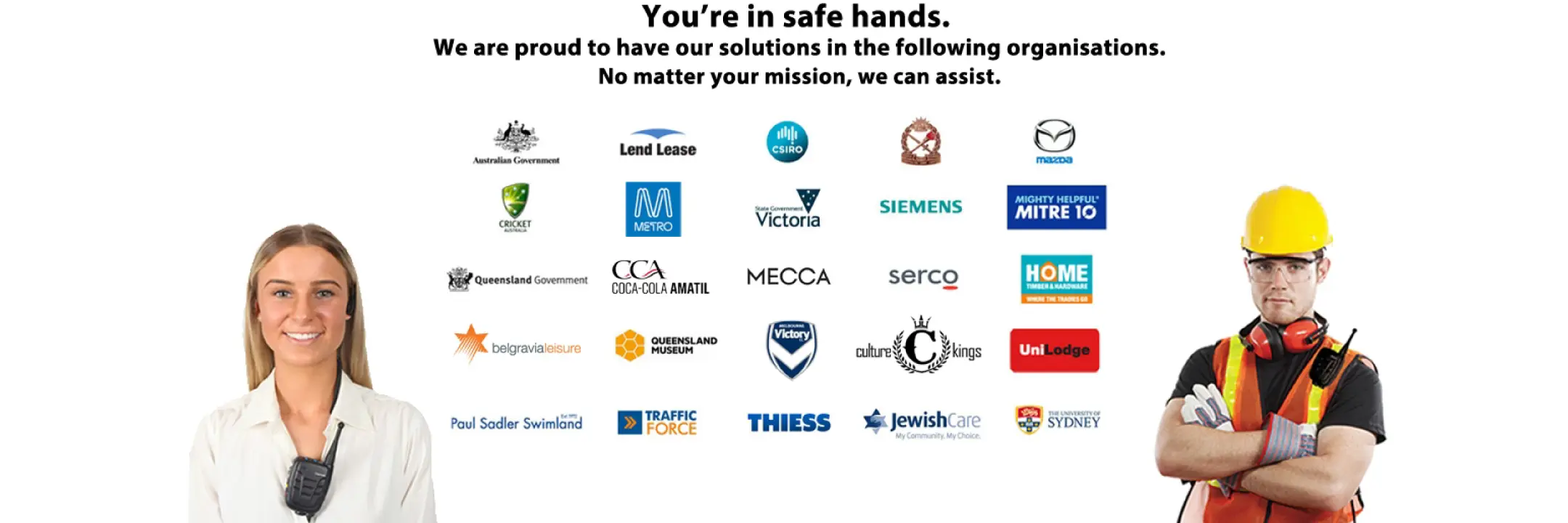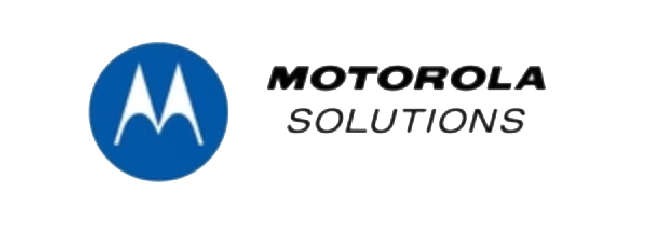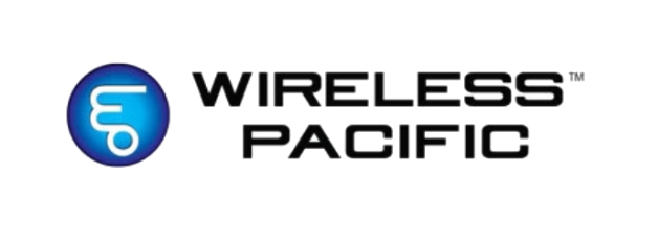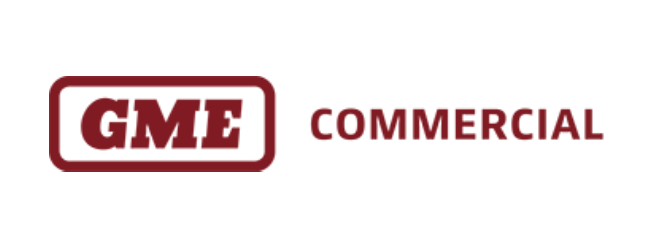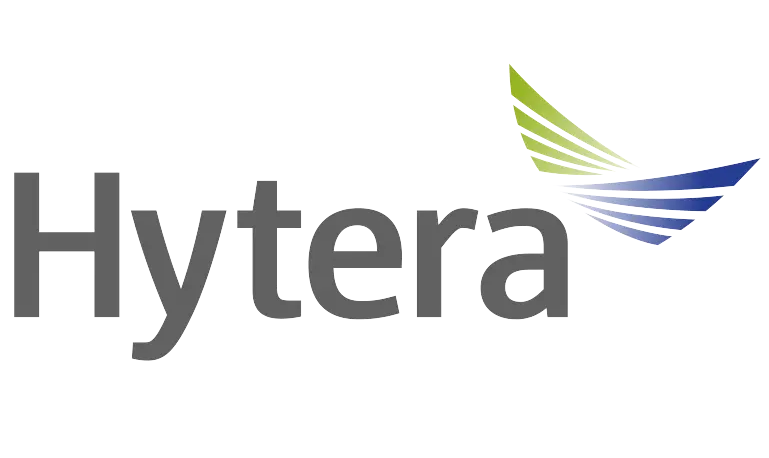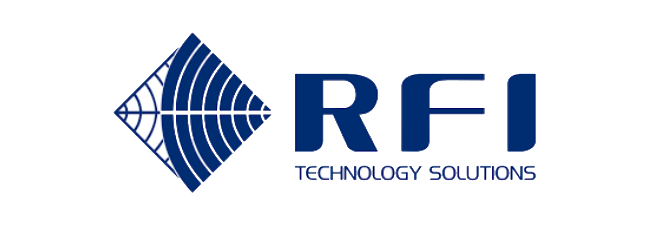Who can use the Channels?
The 80 CB UHF channels can be used by anyone in Australia with an an approved walkie-talkie device.
Who regulates the use of the Channels?
As UHF radio spectrum is a natural resource, its use is regulated by the Australian Media Communications Authority (ACMA). The Radio Communications Act (1992) contains the rules defining how the 80 CB UHF channels can be used, which revolve around providing the spectrum for public benefit.
As Radio Warehouse is a corporate member of the Australian Radio Communications Industry Association, we work in partnership with the government to ensure this part of the radio spectrum is managed professionally for the benefit of all Australians, business & consumers alike.
What are the rules governing the use of the 80 CB channels?
The rules regarding proper use of CB radio in Australia are:
- Only use a type-approved walkie-talkie that is certified to use the 80 CB UHF channels. You can quickly identify equipment that is legally to use on CB channels, as it will have the followingRegulatory Compliance Mark, previously known as the "C-Tick" logo located on the back, bottom or inside of the radio.

- You must also not broadcast on channels, outside their allocated definition. The most obvious example is do not use emergency channels 5 & 35 unless it is an emergency.
- Do not use the service to threaten, harass, defame, abuse, incite violence, call "fake emergencies" or cause interference to others.
- Do not broadcast for more than 60 seconds.
- Do not broadcast at a transmission strength greater than 5 watts.
- Do not operate your radio in "digital mode" (IDAS / NXDN / DMR etc) on the CB UHF channels. Your equipment should be broadcasting in analogue mode.
What are legal UHF CB radios to use in Australia?
For consumers who are looking to use a UHF CB radio for a one-off event, such as camping, travelling around Australia on a caravan trip, or perhaps attending a music festival, there are cheap 80 CB UHF radios available from companies such as Uniden, GME, and Oricom.
However, at Radio Warehouse, we only sell radios that are purpose-built for commercial and government users, and therefore do not stock the above brands.
For commercial / government teams, or those who understand that you often get what you pay for, UHF radios that can legally communicate on the 80 CB channels in Australia are:
- GME Commercial CP30
- GME Commercial CP40
- GME Commercial CP50
- Icom IC41Pro Walkie Talkie / IC41W
- Icom IP740D Hybrid UHF / LTE Radio
- Icom IC-410 UHF CB Radio
- Icom IC-455 UHF CB Radio
- Kenwood PKT-23X
- Kenwood TK-3317 / TK-3310
- Motorola CB476
- Wireless Pacific Go Pro
Can I use a CB radio that I have imported from overseas?
You cannot import non-type approved, radio communication equipment from overseas, including from sites such as Alibaba, eBay, Amazon and other sites that may advertise “too good to be true” pricing.
Radio equipment that is not type-approved, is illegal in Australia.
Do I need to pay a licence to use the CB channels?
You do not need to pay for a licence to use the 80 CB UHF channels. The Radio Communications Act (1992) provides you with a free, automatic, licence to use walkie-talkie radios, provided that you use radio equipment type-approved for use of the Australian CB channels and you adhere to the rules governing the use of the 80 CB channels.
What are the penalties for using illegal UHF radios in Australia?
The ACMA imposes large penalties, and potential jail time, for users detected using illegal radio communication devices.
Fines in excess of $500,000 and two years imprisonment may be issued if your radio communication devices causes interference with emergency services.
How does the ACMA catch users using illegal radios?
We do not know all of ACMA's methods to detect radio transmissions originating from illegal equipment. We do know that the ACMA monitor licenced channels for potential illegal use & users of illegal radio equipment acquired outside of Australia normally give themselves away.
Radios that are imported from overseas, which are not type-approved for use in Australia, are usually manufactured to such poor standards that the frequency the radio is supposed to be communicating on, is often not. These cheap radios can subsquently “drift” broadcasting onto other frequencies, and therefore cause disturbances on channels that may not be legal to operate on.
Another way the ACMA detects users of illegal radio equipment is by users who program in their own frequencies into radios they have acquired, without having a licence to do so. When users engage in this behaviour, they are effectively running a “pirate radio station”. The ACMA moves quickly in on this.
We recommend that you do not attempt to illegally obtain a copy of the radio’s programming software, or, attempt to acquire non type-approved radio devices that may allow you to “program in” whatever frequency you may want to transmit on. This is a fast way to be issued a large fine by the ACMA.
Legitimate radio users who are experiencing interference on their radio channel are encouraged to fill out the ACMA's investigation form. If you are a Radio Warehouse client, we will take the stress out of the situation and deal with the ACMA on your behalf.
Can I use my Australian CB radio overseas?
In summary, you can only use your Australian CB radio in Australia and New Zealand.
You cannot legally use it in other countries which will be governed by different regulations around their use of the UHF spectrum respectively.
For example, in the UK you can only broadcast at 0.5 watts on their PMR frequencies, where as in Australia you can broadcast up to 5 watts on our CB frequencies. In the United States, if you use an Australian CB radio whilst visiting, you may be broadcasting and causing interference on channels used for Federal penitentiaries! We doubt you will recieve a Presidential pardon.


